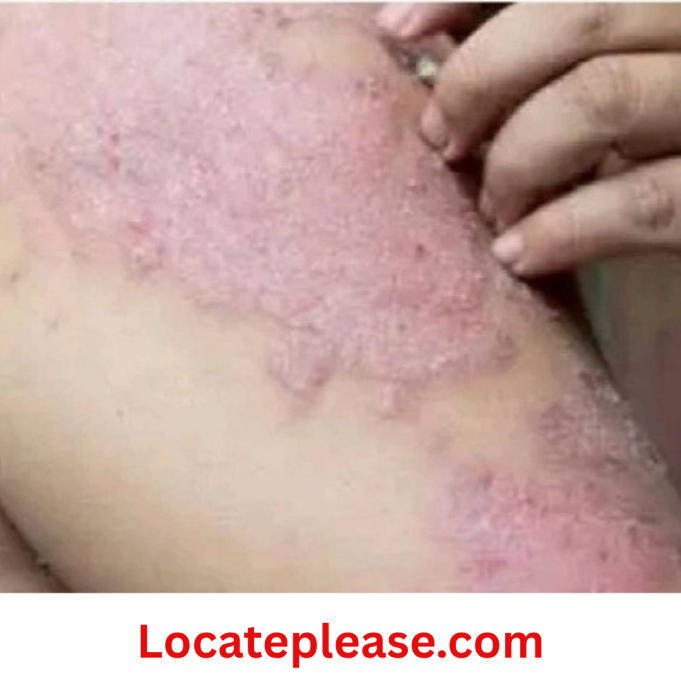In recent years, health experts have sounded a crucial message: Human papillomavirus (HPV) is not a rare or shameful condition—it’s one of the most common viral infections in the world. In fact, nearly all sexually active people will be exposed to at least one strain of HPV at some point in their lives, often without ever knowing it.
Yet, despite its prevalence, myths and stigma still surround the virus—especially when it comes to men. Conversations about HPV tend to focus on cervical cancer and women’s health, which, while vital, create a dangerous blind spot: men are affected too.
It’s time we talk openly—without fear or judgment—about what happens when you sleep with someone who has HPV, the real risks involved, and how both men and women can protect themselves.
🔍 What Is HPV?
HPV, or human papillomavirus, is a group of more than 200 related viruses, spread primarily through skin-to-skin contact during vaginal, anal, or oral sex. It’s so common that the CDC estimates 79 million Americans currently have HPV, with 14 million new cases each year—including teens and young adults.
Most strains are harmless and clear up on their own within 1–2 years. But certain “high-risk” types can persist and lead to serious health issues.
🚨 The Real Consequences of HPV
While many infections go unnoticed, untreated HPV can lead to long-term complications for both partners:
For Women:
- Cervical cancer – Nearly all cases are linked to high-risk HPV (especially types 16 and 18).
- Genital warts – Caused by low-risk strains (like type 6 and 11).
- Increased risk of vaginal, vulvar, and anal cancers.
- Potential impact on fertility if treatment for pre-cancerous cells is required.
For Men:
- Genital warts – Just as common in men as in women.
- Penile cancer – Rare but strongly linked to high-risk HPV.
- Anal cancer – Especially among gay, bisexual, and HIV-positive men.
- Oral and throat cancers – Rates of HPV-related oropharyngeal cancer have surged, particularly in men.
- Transmission risk – Men can carry and spread HPV without symptoms, unknowingly infecting partners.
💡 Fact: Men are not just passive carriers—they are equally vulnerable to the health consequences of HPV.
🤝 How Transmission Works
You don’t need intercourse to contract HPV. The virus spreads through intimate skin-to-skin contact, meaning:
- Vaginal or anal sex
- Oral sex
- Even genital touching
And because HPV often causes no visible signs, someone can transmit it without knowing they’re infected. This silent spread is why HPV is so widespread—and why education matters.
🛡️ Protection: What You Can Do
The good news? HPV is preventable.
✅ Get Vaccinated
The HPV vaccine (Gardasil 9) protects against the 9 most dangerous strains—including those responsible for over 90% of genital warts and 90% of HPV-related cancers.
Recommended for:
- Boys and girls starting at age 11–12
- Young adults up to age 26
- Some adults aged 27–45** after discussing with a doctor
Vaccination isn’t just for girls. Protecting boys reduces transmission and cancer rates for everyone.
✅ Practice Safer Sex
While condoms and dental dams don’t offer full protection (since HPV affects areas beyond where they cover), they significantly reduce risk—especially when used consistently.
✅ Regular Screenings Matter
- Women: Pap smears and HPV testing help detect abnormal cells early—before they turn into cancer.
- Men: No routine screening exists yet, but regular checkups and self-exams can catch unusual growths or warts early.
If you’re a man who has sex with men (MSM), ask your doctor about anal Pap tests if you’re at higher risk.
🧠 Reducing Stigma: Why Awareness Matters
One of the biggest barriers to HPV prevention is shame.
People often feel embarrassed or guilty after an HPV diagnosis—as if it reflects moral failure. But here’s the truth:
👉 Getting HPV doesn’t mean you were reckless.
👉 It doesn’t mean your partner was unfaithful.
👉 It means you’re human.
Understanding that HPV is extremely common helps remove unnecessary guilt and opens the door to honest conversations about sexual health.
Talking to your partner about HPV shouldn’t be taboo. It should be as normal as discussing allergies or medical history.
💬 What Should You Do If You or Your Partner Has HPV?
- Stay calm. Most infections clear on their own.
- Talk honestly. Share your status without blame or fear.
- Get vaccinated if you haven’t already.
- Use protection to reduce transmission risk.
- Attend regular check-ups. Early detection saves lives.
❤️ Final Thought: Knowledge Is Power
Sleeping with someone who has HPV doesn’t have to end in disaster. But ignoring the facts can.
HPV isn’t a life sentence—it’s a wake-up call. A reminder that our choices matter, that prevention works, and that open, compassionate dialogue around sexual health protects us all.
So let’s stop whispering.
Let’s stop shaming.
And let’s start protecting—not just ourselves, but the people we love.
Because when it comes to HPV, the safest thing you can do… is talk about it.






